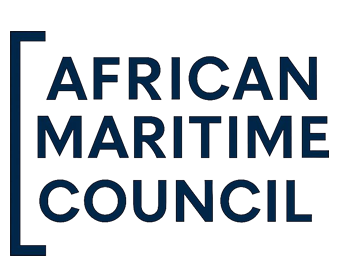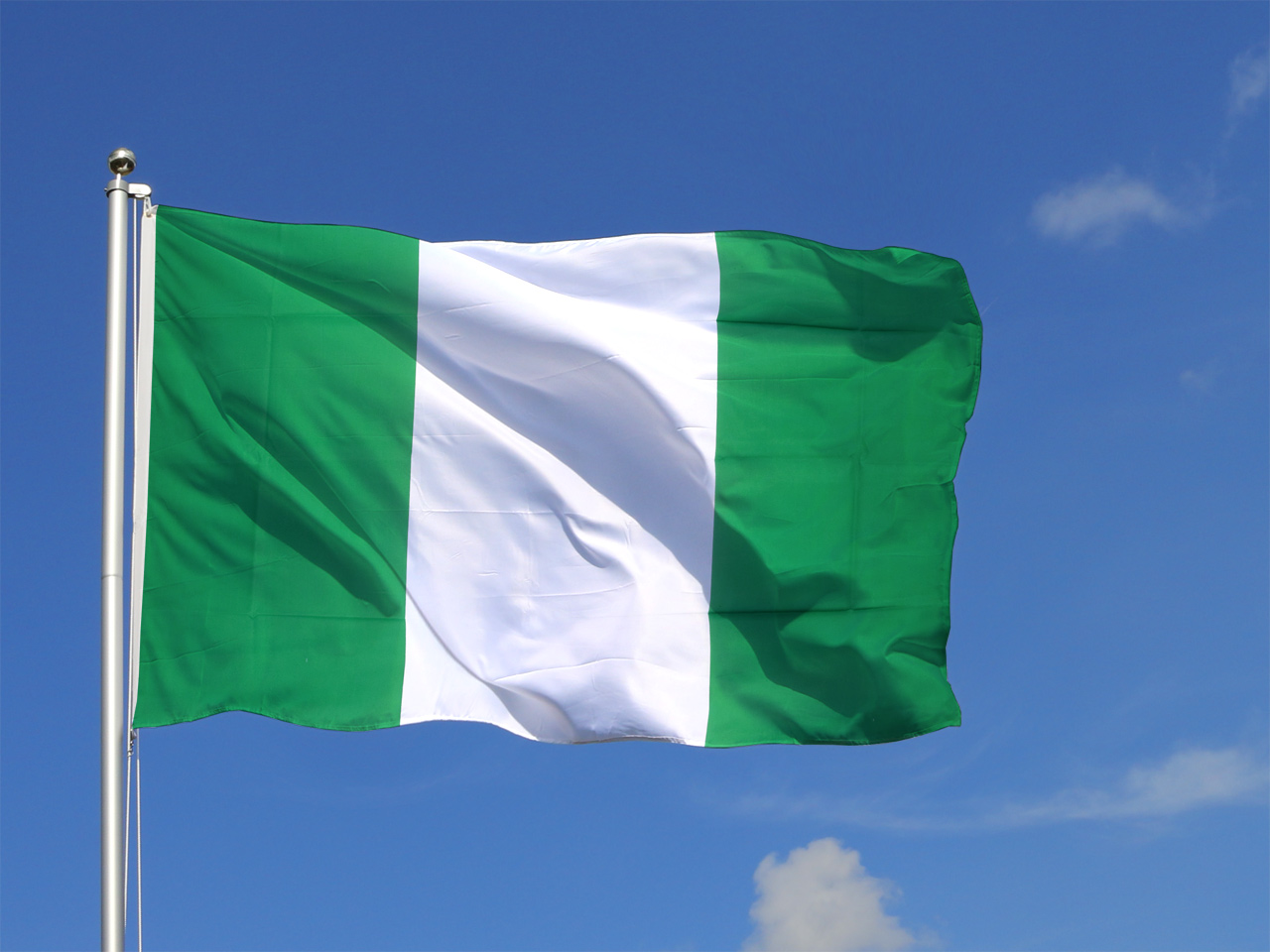The Minister of Marine and Blue Economy, Adegboyega Oyetola, declared Nigeria’s determination to harness the full potential of its marine resources, calling the sector a driver of sustainable economic growth.
While welcoming a World Bank team led by Mrs Gladys Fajomu in Abuja, he noted that Nigeria is moving decisively to unlock vast opportunities from its oceans, rivers, and coastlines, especially after the Federal Executive Council endorsed the National Policy on Marine and Blue Economy.
He described the policy as groundbreaking, explaining that it sets out a clear plan for sustainable use, protection, and governance of marine assets. According to him, the framework will stimulate wealth creation, expand employment, strengthen food security, and position Nigeria as a continental leader in the blue economy. He stressed that Nigeria’s ambition goes beyond exploration, focusing instead on responsible management that benefits citizens today and in the future.
The Minister identified food security as a top priority, revealing that his Ministry is pursuing targeted measures to cut fish imports.
He emphasised that Nigeria must rely on its own capacity to meet demand, adding that the government is scaling up aquaculture, modernising artisanal fishing, and promoting fish farming clusters nationwide. These efforts, he said, will preserve foreign reserves while creating thousands of jobs, particularly in riverine and coastal communities.
Oyetola further promised to increase youth and women’s involvement, insisting that inclusivity is central to policy success.
He explained that new initiatives will equip young people and women with the knowledge, resources, and opportunities to play leadership roles in the marine sector, framing the agenda as not only economic but also social and equitable.
In response, Mrs Fajomu praised the Minister’s leadership and acknowledged Nigeria’s bold direction in the blue economy. She assured that the World Bank would continue to back Nigeria with technical expertise, capacity development, and financial support for key projects.
The visiting delegation also met with senior Ministry officials to explore areas of collaboration, particularly on policy delivery, infrastructure expansion, and private sector participation.
source: shipsandports.com.ng

